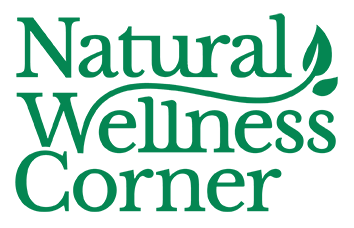Social media is full of nutrition advice, but not all of it is reliable. With influencers, self-proclaimed “experts,” and viral diet trends dominating your feed, it can be hard to separate fact from fiction. As a registered dietitian, I want to help you identify misinformation so you can make informed decisions about your health. Here’s how to spot misleading nutrition claims on social media.
1. Beware of Sensational Headlines and Bold Promises
If a post claims a single food, supplement, or diet can “melt fat instantly,” “detox your body,” or “cure disease”, it’s likely misinformation. Nutrition is complex, and no single food or supplement can provide dramatic results overnight.
Red flags to watch for:
❌ Claims that sound too good to be true
❌ Overuse of words like “miracle,” “secret,” or “shocking”
❌ One-size-fits-all solutions
2. Check the Source’s Credentials
Not everyone giving nutrition advice is qualified to do so. While personal stories can be inspiring, they don’t replace scientific evidence.
✅ Reliable sources: Registered dietitians (RDs), licensed nutritionists, scientific journals, and reputable health organizations like the Academy of Nutrition and Dietetics, the CDC, and the World Health Organization.
❌ Be cautious of:
- Influencers with no formal nutrition training
- People selling products tied to their advice
- “Health coaches” without recognized credentials
3. Look for Evidence, Not Anecdotes
Just because something worked for one person doesn’t mean it’s scientifically valid or safe for everyone.
How to fact-check:
✔ Does the post cite research from peer-reviewed journals?
✔ Are claims backed by multiple credible sources?
✔ Is the advice based on science rather than personal experience?
If the post relies only on before-and-after photos or personal testimonies without evidence, approach with skepticism.
4. Watch Out for Fear-Based Messaging
A common misinformation tactic is to create fear around certain foods or nutrients. You may see posts claiming that:
❌ “Carbs are toxic!”
❌ “Seed oils are poison!”
❌ “Dairy is unnatural for humans!”
Extreme claims like these often lack scientific backing. Instead of demonizing entire food groups, balanced nutrition focuses on moderation and variety.
5. Be Skeptical of Sponsored Posts and Affiliate Links
If someone is pushing a product—whether it’s a supplement, detox tea, or “superfood”—consider whether they have a financial incentive.
✅ Ask yourself:
- Is this an unbiased recommendation or an ad?
- Are they citing research, or just making claims?
- Do independent experts agree with these claims?
While not all sponsored posts are bad, be extra critical of advice tied to a sale.
6. Cross-Check Information with Trusted Sources
If you’re unsure about a claim, do a quick fact-check using reputable sources like:
PubMed, Harvard Health, Mayo Clinic, National Institutes of Health (NIH)
You can also check if registered dietitians or professional organizations support the claim.
Final Thoughts
Social media can be a great source of health information, but it’s also a breeding ground for misinformation. By staying critical and checking sources, you can protect yourself from misleading nutrition claims and make informed choices for your health.
Need one-on-one diet and health support?
Get the best personalized, comprehensive care that addresses root causes instead of symptom management.
- Improve your quality of life
- Achieve your healths goals
- Pay as little as $0 with insurance



